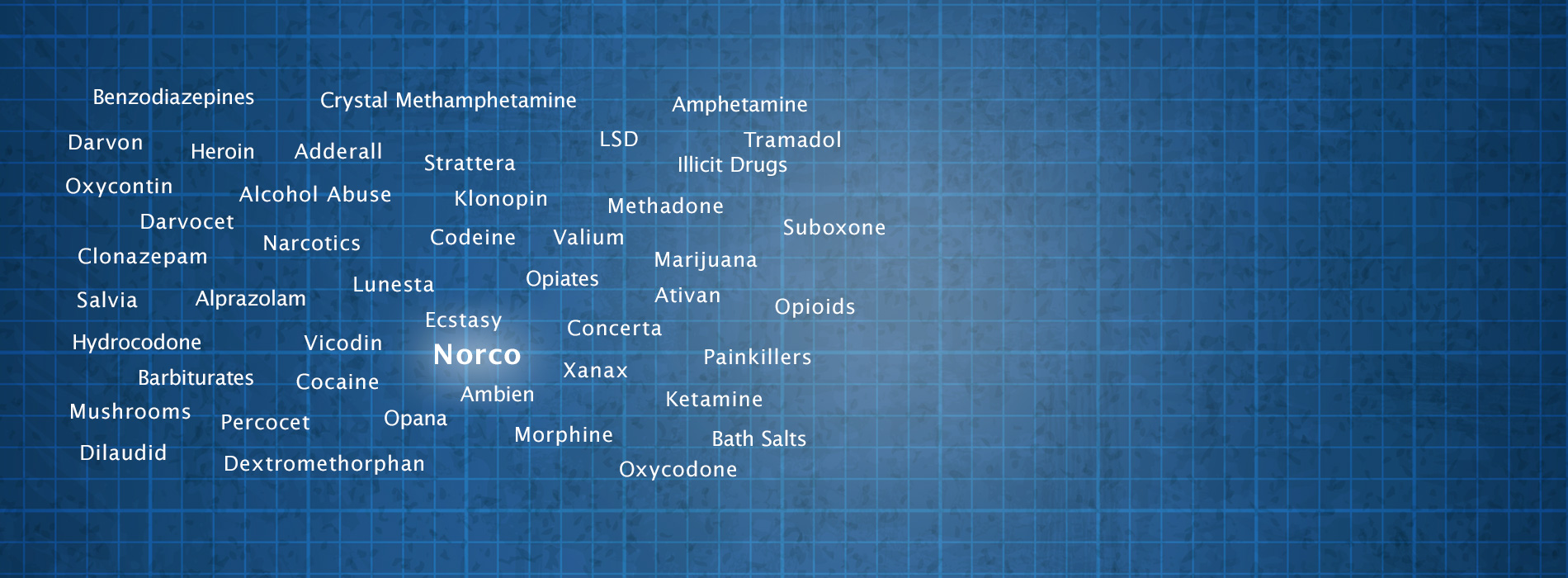Norco
When taking Norco, even when prescribed, it can lead to excessive use, abuse, and addiction. Norco is a narcotic pain reliever that has acetaminophen and hydrocodone combined. Misuse of this substance causes gradual dependency, and then, full-blown addiction. According to national statistics, the number of people becoming dependent on hydrocodone increases each year, with an average of 20 percent of all addicted persons. There were more than 111 million prescriptions of hydrocodone products dispensed in 2009 alone.Norco is prescribed for medical reasons, but recreational users often end up with this substance. As a patient, you may not even realize addiction has set in, as Norco is used to treat acute and chronic pain, euphoric effects, emotional pain, anxiety, and depression, and to help with withdrawal from other drugs. Many users increase the dose on their own, due to a tolerance that is created from frequent use.
Norco Addiction Signs and Symptoms
If you or someone you love is using Norco, there are warning signs and symptoms of abuse to note. Norco is an opiate drug, which is extremely habit-forming. The user starts craving more and more of the drug as it rewards certain brain circuits. Some of the warning signs and symptoms of abuse include:
- Mixing Norco with cocaine, heroin, alcohol, or other drugs to achieve an increased high.
- Obsessing with obtaining and taking Norco.
- Taking Norco without a prescription for fun.
- Altering your dose and taking more than called for on the prescription.
- Visiting multiple doctors in order to obtain Norco.
Norco Overdose Signs and Symptoms
Norco abused can quickly lead to overdose if someone takes more than their body can handle. These signs and symptoms include:
- Muscle weakness
- Pinpoint pupils
- Excessive drowsiness
- Shallow breathing
- Slow heart rate
- Confusion
- Nausea and vomiting
Detoxification and Rehabilitation
The first step to recovering from a Norco addiction is to seek help at an addiction rehabilitation (rehab) center for detoxification (detox). This is the normal process of ridding the body of harmful toxins associated with narcotics. These facilities employ substance abuse counselors and healthcare workers that will help detoxify you in order to prevent the painful withdrawal symptoms.
If you are addicted to Norco, a person should consider the mental effects the drug has on the brain. For a full recovery, addiction treatment programs involved therapy and counseling once the addict has completed the detox process. The goal of counseling is to get to the source and cause of the addiction, as well as address the reasons for continued use of this drug.
Throughout the rehab process, you will be asked to discuss your addiction in an individual and group setting. This atmosphere is welcoming and you have peers that can relate to this addiction. For some, this is challenging, but the focus is to understand the psychological aspects of addiction. Therapy sessions involve many activities and practices, such as journaling, traditional 12-step approach, behavior modification, and family therapy.

